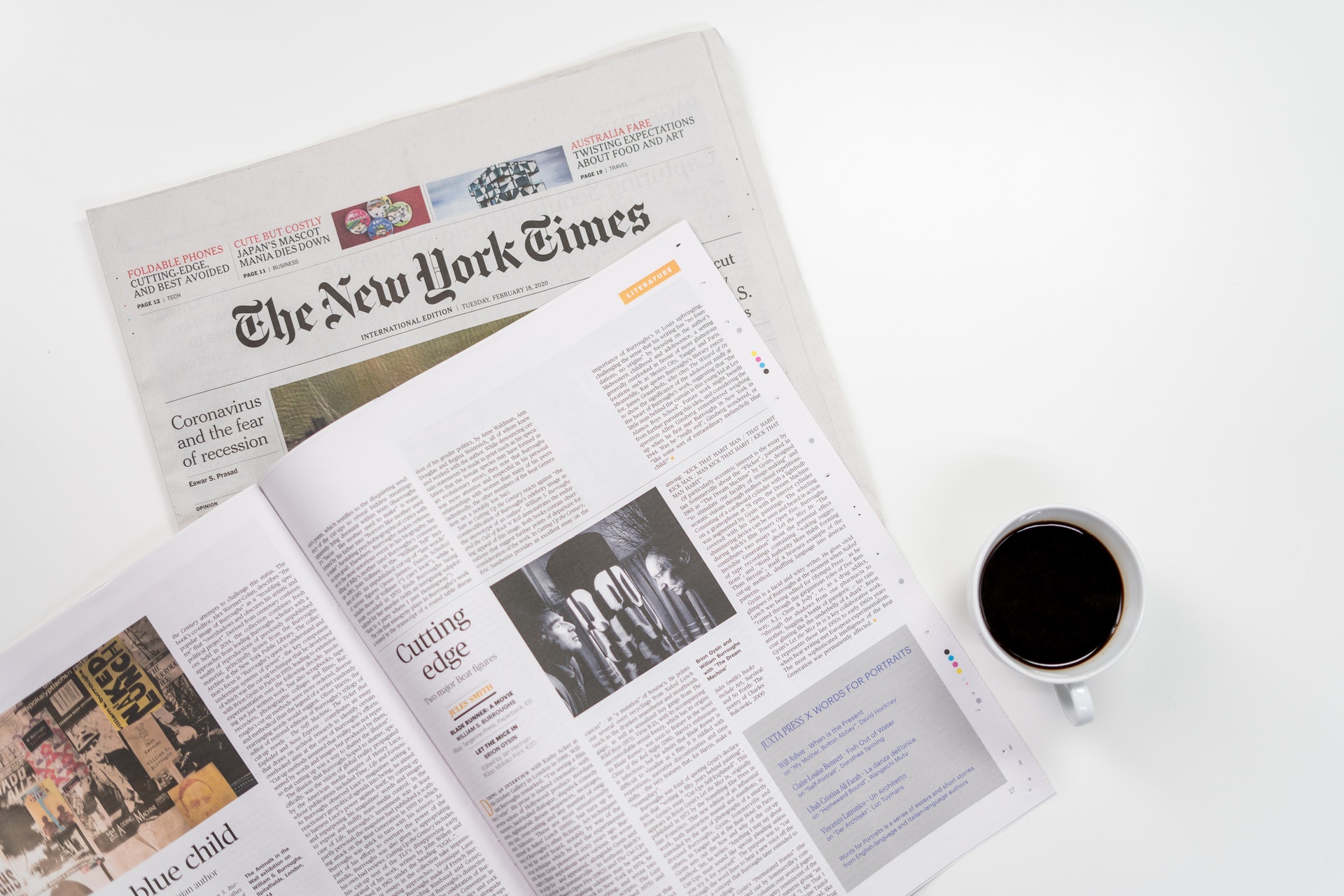For the past several years, fringe (and not-so-fringe) corners of the internet have been a haven for an alternative reality, a reality devoid of facts and quality sources of information. Yet until the last year or so, this world has felt far away for most of us, with the exception of perhaps the occasional sordid newspaper article or distant relative’s Facebook post. As 2020 progressed, however, this peripheral internet experience started to invade the mainstream: From soccer moms and health influencers to the fancy IG feeds for home and food inspiration, conspiracy theories and unsubstantiated claims abounded. As content marketers trained to create engaging, readable content, this past year has been sobering: We make our livings by sharing information online, and though the internet has long been a digital “Wild West,” we see allegedly trustworthy platforms now hosting this kind of content all around us.
The signs that misinformation is abating are promising—since Donald Trump’s Twitter account was taken down, there has been a drop in online misinformation (73%!). Yet, his account is a symptom, and not the actual cause of this disease. It only takes a few words, masterfully spoken (or typed) to start the spread of misinformation. Like a fire, these words take on a new life and can morph into something powerful and ominous, regardless of the facts (or lack thereof) on which they are based. The digital world acts as kindling in a dry forest, fueling the flames much faster than an analogue world. While those of us who work in marketing and communications are trained to create stories and present them in ways that keep interest growing, ethical marketers strive to compellingly reflect accurate information.
We fully believe in the right of free speech and believe that every person and brand deserves to find and share their voice in a respectful, collegial, and constructive manner. But we also know that we have a responsibility, when we create any piece of writing, to ensure that what we’re producing is useful, impactful, and most importantly, correct. Facts matter. We wouldn’t put something out that we wouldn’t put our real names on and our own reputations behind. We believe in the words we write so much that we put our very integrity on the line each time we create something.
We believe in the words we write so much that we put our very integrity on the line each time we create something. Click To TweetWe are also experts in our field, and as such, we recognize and respect the power that we have to influence decisions and opinions. We don’t take that privilege lightly. We have a responsibility to act in accordance with our values, and in keeping with our profound respect for the truth above all. We will only use our powers of persuasion in thoughtful ways that align with and further our clients’ strategies if those strategies also align with our own moral and ethical obligation. We will continue to ensure that our words and thoughts are always grounded in fact, and designed to further knowledge, not foster lies or cause harm.
While misinformation has declined, it’s still around; and where there’s smoke, there’s fire. Even a few stray embers of untruth can be quickly caught up in the whirlwind of online discourse and spark new blazes.
As communicators working in the digital arena, we reaffirm our commitment that we will not fuel falsehoods or give voice to violent ideals. Instead, we seek to be part of the solution by continuing to communicate real information, not misinformation or its malicious twin, disinformation. Because, in the end, not all information is created equal. The truth is a fragile asset that we hold in all of our hands, and lately, it’s been slipping through our collective fingers. Please join us in vowing to protect and preserve pure facts over pernicious fictions.

